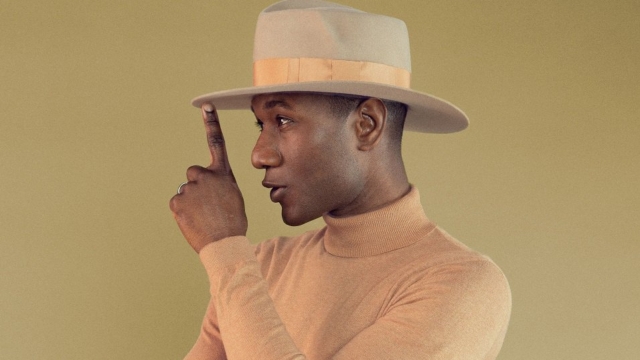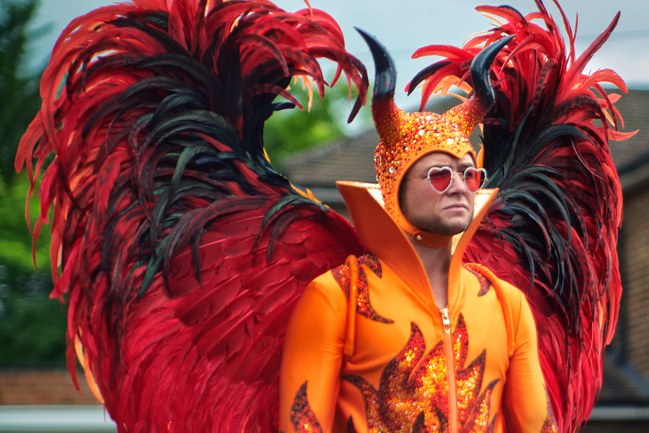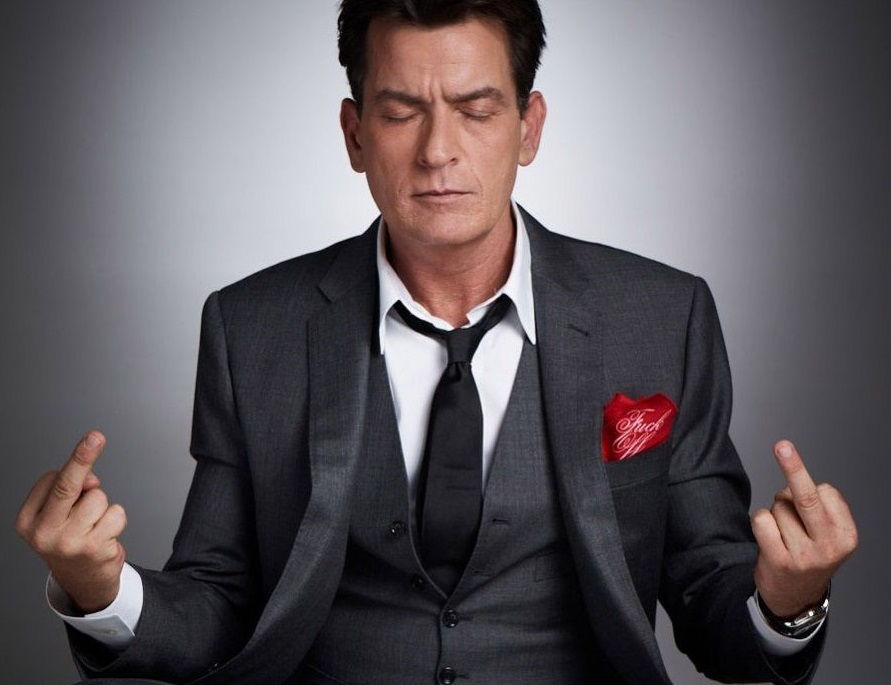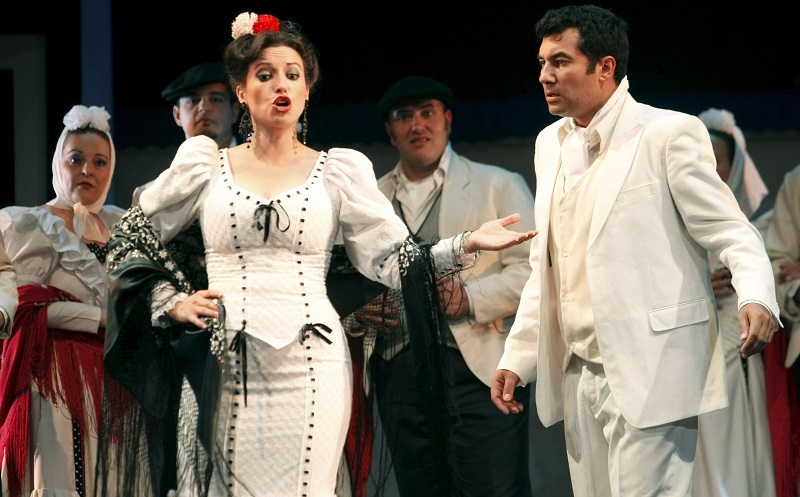–
As you can imagine, in urban music there have been many cases of blatant plagiarism that have ended in lawsuits: some of the most famous have been the Ai si eu ti pego by Michel Teló, or the Dominican Daddy Yankee.
But there are also times when one work is not plagiarised from another, although it is easy to see that it is based on it. Now I want you to listen carefully to these three works, which are the subject we’re going to talk about today (Your song by Elton John, I’m the man by Aloe Blacc and High hopes by Panic! At the disco). I’ll tell you one thing: you’re going to freak out at the way history shapes global consciousness like a ceramic jar:
Have you noticed the similarities between the 3? The second song is similar to the first one in the beginning of the chorus melody and in the expression “you can tell everybody”. Both are trying to convey a message. The third one is very similar to the second one in production, sound editing, harmony and message. But is this by chance?
Yes, sure, it may be coincidental, but all producers and singers need a reference as inspiration for each track, so it’s much more likely that in 2014 Aloe Blacc was inspired by Elton John, and then Panic! At the disco in 2018 was inspired by Blacc, as a chain effect.
Jon and Blacc’s styles are as similar as Panic and Blacc’s, but the similarities are in different elements:
Normally Blacc’s music is deep, heavy and very simple in its elements; in that it’s similar to Elton John’s breezy, deep-rock style. But this particular track (I’m the man) has a triumphant feel to it that makes the whole single slightly different from the artist’s other work..
Panic! At the disco, with a more modern and lively touch in most of their songs, choose for this one a triumphal style, both having the trumpet section as a metaphor of military resistance applied to the effort in personal improvement (if you resist, triumph is served). Therefore, this is a kind of concatenation of musical influences.

Now let’s look at the lyrics: Elton John wrote in his “you can tell anyone that this is your song”. Reading Aloe Blacc’s lyrics, we can intuit that when she listened to it, she almost believed that this message had been dedicated to him, because she took certain liberties when it came to “letting herself be influenced” by him. In this case, the lyrics of the chorus say (with an almost identical melody in the first part of the phrase) “You can tell everybody: I’m the best, I’m the best, I’m the best, I’m the best”.
Subsequently, High hopes copies the harmony and air of self-improvement and ego of I’m the man, and this comes through in lines like “Somewhere I heard, life’s a test/ I’ve been through the worst, but I’m still doing my best”. In High Hopes he says something very similar about misery and subsequent success: “I never had a penny, but I had a vision. I always had a feeling that I was going to be that one in a million”.
Have you noticed how the changing historical moment affects the influences between different artists? Your song was composed in the 1970s; it’s a humble love lyric in which the songwriter tells his beloved that she is special and that the song is for her because she is unique. The other two songs, I’m the man and High hopes are respectively from 2014 and 2018. We can see how almost five decades later the general theme changes from “you’re unique” to “I’m the best”.
That’s where you really see the shift in social consciousness laid bare: these phrases represent men’s current beliefs, based on ego and career success along with the very pronounced choice of singleness (I am the centre of my life) is increasingly prevalent today. In the 1970s there was a huge exaltation of the values of love, family, marriage and caring for offspring; these issues were vital aspirations in the post baby boom era, when people still married and believed in “classic” ideals..

It is a change in the concept of success: before, a successful man was the one who could create a family and provide for it. In the lyrics Elton John is shown as a humble man who doesn’t have much money (but if he did he would buy a house for her). He is explaining the sense of success that was held in his time..
I don’t have much money, but boy, if I did, I’d buy a big house we could both live in.
If I were a sculptor, but then again, no,
or a man making potions in a travelling show.
I know it’s not much, but it’s the best I can do,
my gift is my song, and this one is for you.
In High hopes the idea of leaving a legacy also appears, but it is approached from the vision of the work of the great artist who must leave something to the world forever. Incredible, isn’t it? But beware, what never changes is the romanticisation of the canons: in the end, today we continue to idealise our thinking about vital progress: the difference is that the idea of creating a family is no longer romanticised, but rather that of leaving something special to the world that makes your mark never disappear, so that you are somehow immortal.
If Elton John had realistic and humble ideals, in High hopes we read “we wanted everything, wanted everything”. And the slogan of our times is that of the legendary Nike advert: impossible is nothing, one of those modern motivational phrases for the eternal non-conformists of our era.
And my blog Hearts of lithium: the artist-public connection through banality continues to pay off with every passing second.
Anyway, that was today’s sermon. I leave you other blogs with similar themes and remember that you can buy a rap, trap, dembow, pop, r&b, dembow, reggaeton… beat! A la carte.






